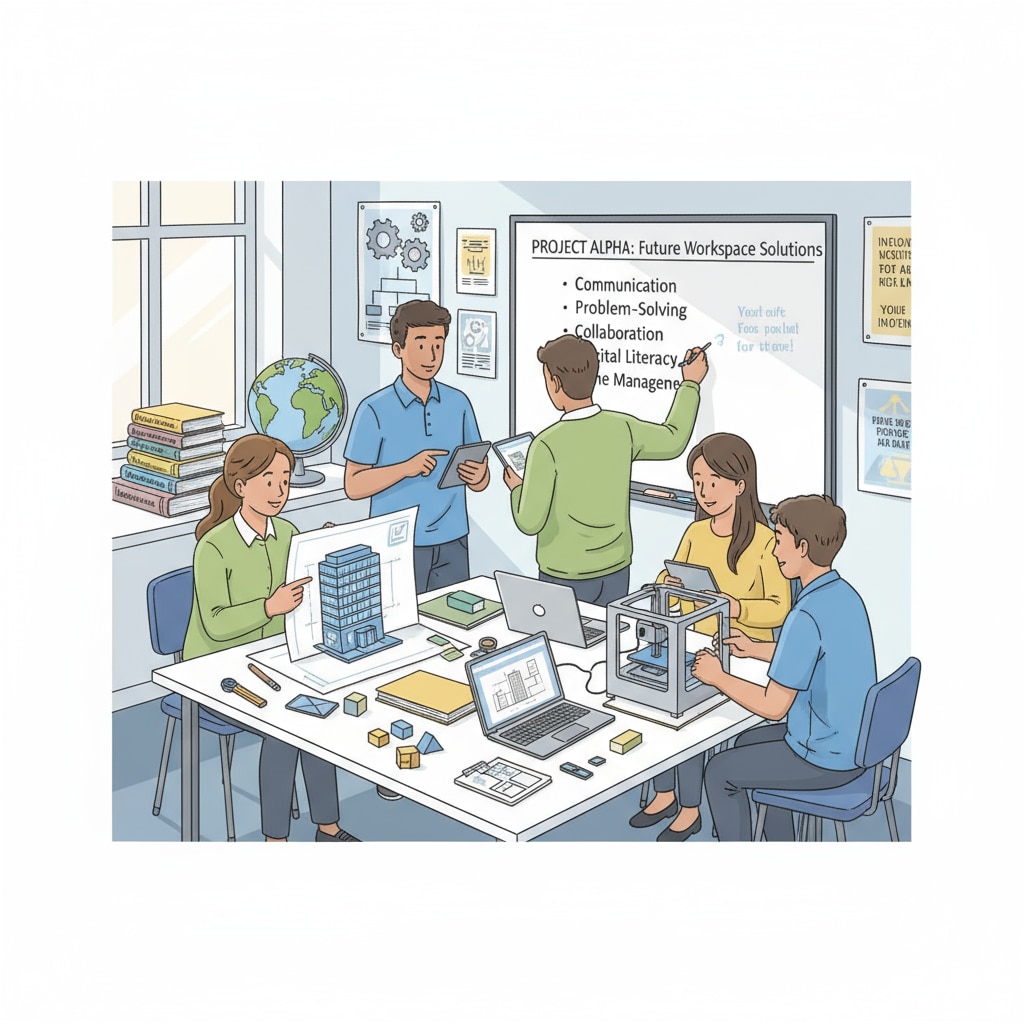In the realm of secondary education, the focus on soft skills for workplace readiness has become a topic of great importance. Soft skills, which include communication, teamwork, and critical thinking, are essential for students as they transition from school to the professional world. However, the current educational system often places excessive emphasis on academic achievements, overlooking the development of these vital skills.

The Imperative of Soft Skills in Secondary Education
Soft skills play a pivotal role in a student’s future success in the workplace. For example, effective communication skills enable individuals to express their ideas clearly, both verbally and in writing. This is crucial for tasks such as presenting ideas in meetings or drafting reports. According to Britannica, communication is the foundation of all human interaction, and in a professional setting, it can make or break a career.
In addition, teamwork skills are highly valued by employers. In today’s collaborative work environment, the ability to work effectively with others, share responsibilities, and contribute to a common goal is essential. Students who lack these skills may struggle to adapt to the demands of group projects in the workplace.
Challenges in Implementing Soft Skills Training
One of the main challenges in integrating soft skills training into secondary education is the limited time in the curriculum. With a heavy focus on academic subjects, there is little room to incorporate additional courses or activities dedicated to soft skills development. Moreover, teachers may not be adequately trained to teach these skills, as traditional teacher training programs often prioritize academic knowledge over soft skills instruction.

Another hurdle is the lack of clear assessment methods for soft skills. Unlike academic subjects, where grades can be easily determined through tests and exams, evaluating soft skills such as creativity or adaptability is more complex. This makes it difficult to measure the effectiveness of soft skills training programs.
Despite these challenges, there are practical strategies to overcome them. Schools can start by integrating soft skills training into existing courses. For instance, in language arts classes, students can practice communication skills through presentations and discussions. In science or math projects, teamwork and problem-solving skills can be emphasized. Additionally, extracurricular activities such as clubs and sports teams can provide opportunities for students to develop leadership and cooperation skills.
Readability guidance: By using short paragraphs and lists, we can clearly summarize the key points. For example, in the section on challenges, we list the main obstacles. We also control the proportion of passive voice and long sentences, and add transitional words like ‘however’, ‘therefore’, and ‘in addition’ throughout the article to enhance readability.


